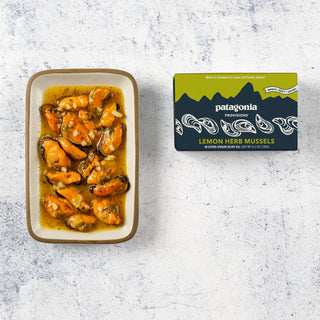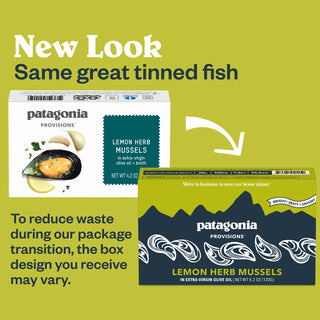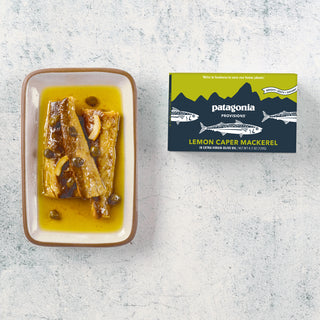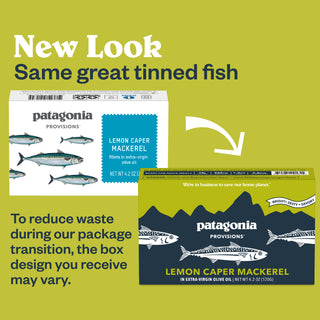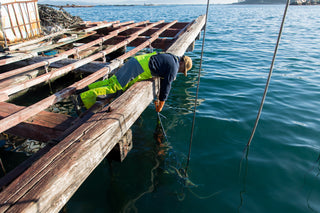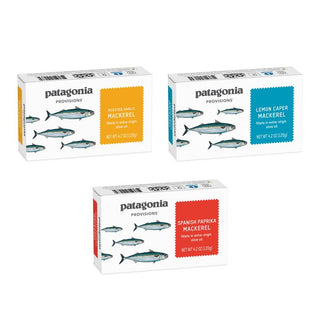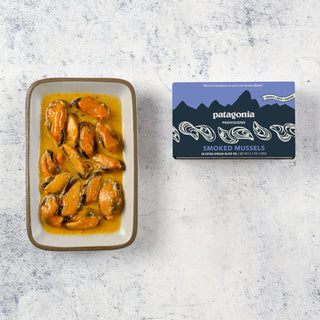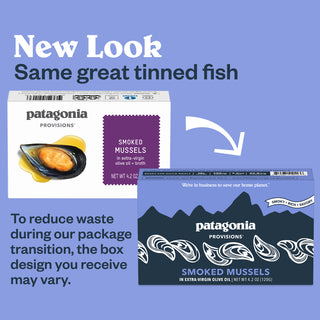New Generation of Fishermen
My journey is one of ecological redemption. After the cod stocks crashed in my home of Newfoundland in the early ‘90s, I joined the ranks of fishermen working the salmon farms in Northern Canada. We were promised that aquaculture was the answer to overfishing and unemployment. We were told that we were a new generation of fish farmers that were going to help feed the world.
Our dreams became ashes in our mouths. The salmon farms were the equivalent of industrial pig farms at sea, pumping fish full of antibiotics and food coloring, polluting waterways, and growing livestock that were neither fish nor food.
Disillusioned, I kept searching for a way to remain on the water, to make a living but not at the expense ocean ecosystems. I ended up in Long Island Sound where forward thinking regulators opened up shell-fishing grounds for the first time in decades to attract young fishermen into a new industry. There began my 15-year journey into regenerative ocean farming.
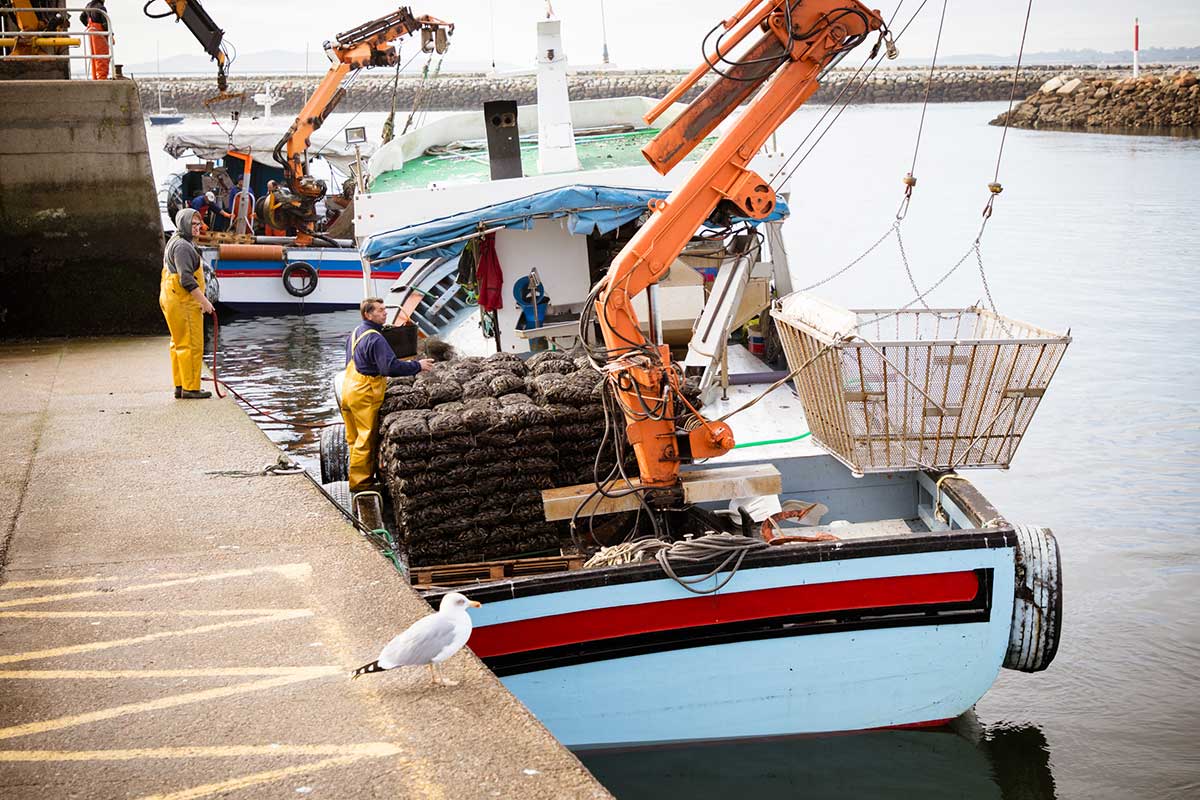
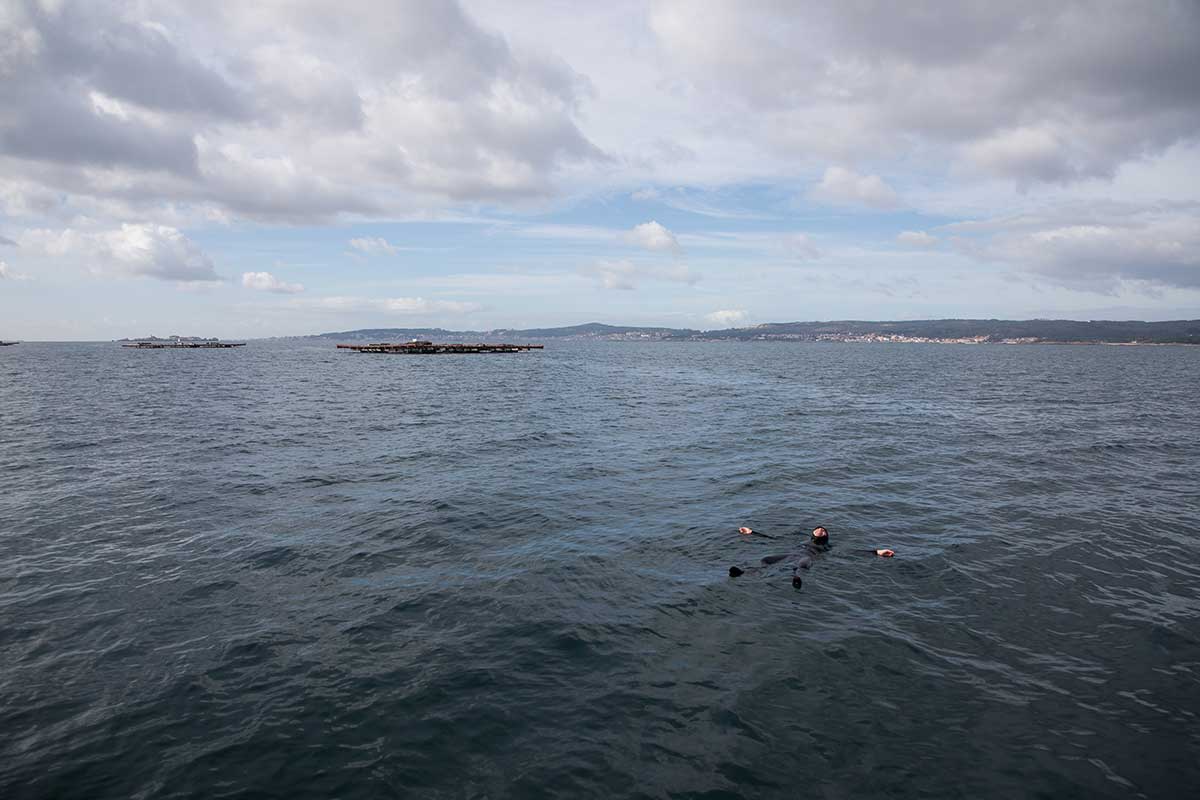
Discovering Mussels
Shellfish like mussels taught me that we can farm to restore rather than deplete. As farmers, our crops can breathe life back into the oceans while feeding local communities. Our mussels filter nitrogen and carbon out of the water column, while providing vital habitats for hundreds of species.
In terms of sustainability, mussels and other shellfish blow land-based food out of the water. They require zero inputs—no feeds, no fertilizers, no fresh water—making them the most sustainable form of food production on earth.
Restorative ocean farming is a trade both old and new. Mussel cultivation began as early as the 13th century, supposedly invented by an Irishman who was shipwrecked in the Baie de l’Aiguillon on the west coast of France. He originally tied nets to tall stakes to catch birds, but quickly those stakes were covered with mussel seed. Mussel cultivation became immensely popular and is the reason the bay is known as the “Bay of the Stick”. Fast forward centuries later and dotting U.S. coastlines are companies like Bang’s Island Mussels in Maine, Catalina Ranch in California and American Mussel in Rhode Island, who keep the tradition alive through relentless innovation and good old-fashioned hard work.
Diversity is the Future
The future of restorative ocean farming is polyculture—not monoculture. There are thousands of species of edible shellfish and seaweeds in our oceans, but only a handful are farmed around the world. At GreenWave, we’ve been hellbent on developing integrated farming methods. Most recently we teamed up with Wood’s Hole Oceanographic Institute, University of Connecticut and NOAA to further integrate mussel, oyster and kelp farming into vertical systems in order to grow an increasingly diverse mix of species on our 20 acre farms.
As ocean farmers, this is the first opportunity in generations to build a food system from the bottom up. In 1979, Jacques Cousteau, the father of ocean conservation, predicted this opportunity: “We must plant the sea...using the ocean as farmers instead of hunters. That is what civilization is all about — farming replacing hunting.”
This is our chance to avoid the mistakes made by industrial fishing, agriculture and aquaculture. We can push GMO-spiked salmon, seafood mislabeling and factory trawlers off the table. Together let’s move bivalves and sea greens to the center of the plate. Let’s cultivate blue-green jobs, tackle the climate crisis and feed the planet. Restorative ocean farming represents our chance to do food right, and ensure that those working at sea can make a living on a living planet.
But good food grown for both people and the planet must also be delicious! One of the most enjoyable meals of my life was an afternoon spent with a gaggle of culinary wizards at Yvon’s home tasting literally dozens of different mussel recipes. The creativity of each dish was proof that, in the right hands, mussels have the potency to be the gateway drug to a new “climate cuisine” that is both delightful and hopeful.


